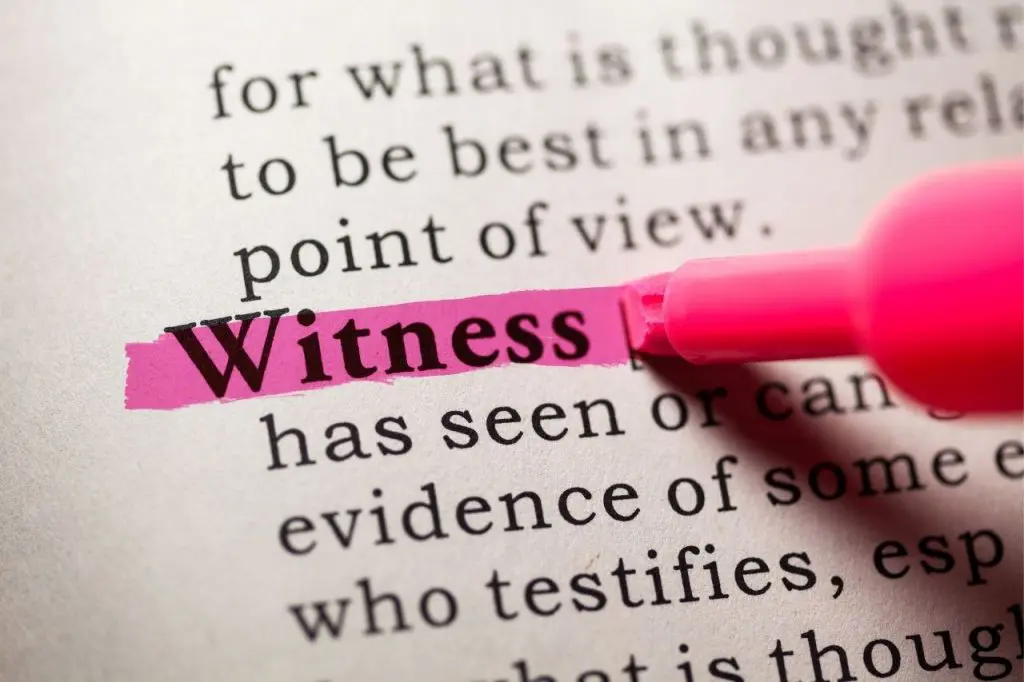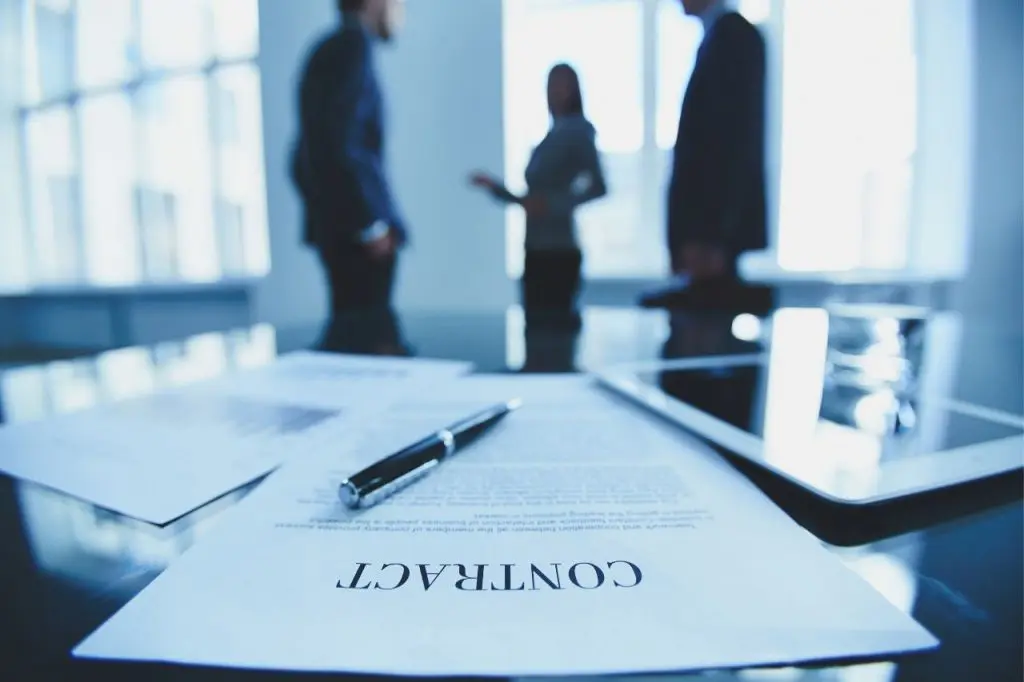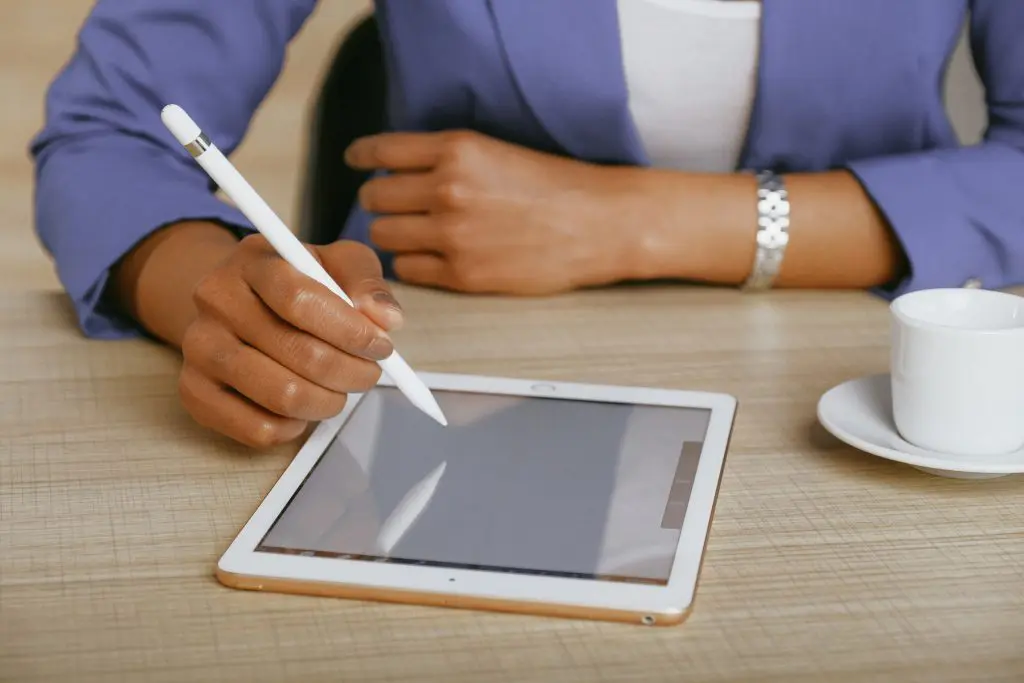We all know that contracts are indispensable in any business and industry. But what happens when you need to sign a contract but can’t meet in person? Or, what if you’re working with someone in another country and need to get a contract signed quickly? Enter electronic witnessing.
Electronic witnessing is changing the way we sign contracts, making it easier than ever to close business deals and sales in an instant remotely. When dealing with a lot of money or sensitive information, you want to ensure that any contracts or agreements are secure.
That’s the purpose of electronic witnessing. It ensures that your contract is legally binding, and no one can dispute its authenticity. So, whether you’re just starting your business or expanding to other locations, you should know some important details about electronic witnessing.
Table of Contents
- What Is Electronic Witnessing?
- How Does Electronic Witnessing Work on Legal Documents and Other Contracts?
- The Benefits of Using Electronic Witnessing Over Traditional Methods
- What Technology Can We Use for Electronic Witnessing To Happen?
- The Future of Electronic Witnessing and Its Potential Impact on Businesses
- Final Thoughts
What Is Electronic Witnessing?
Electronic witnessing uses technology to enable a witness to view, listen, and record testimony or depositions remotely. It can be done either in real-time or asynchronously.
In real-time electronic witnessing, the witness and the deponent are in different locations but can see and hear each other via video conference.
Asynchronous electronic witnessing allows the witness to view and hear the deposition later. This type of electronic witnessing is often used for expert witnesses who may not be available to testify in person but can provide their expert opinion based on the written transcript of the deposition.
Electronic witnessing has become increasingly popular in recent years as technology has made it easier and more affordable to connect people from different locations. It’s also used in business dealings such as signing contracts where the parties can sign an agreement remotely through digital signature solutions.
How Does Electronic Witnessing Work on Legal Documents and Other Contracts?
 The electronic witnessing of legal documents has been made possible by using digital signatures. A digital signature is a mathematical scheme for demonstrating the authenticity of digital messages or documents.
The electronic witnessing of legal documents has been made possible by using digital signatures. A digital signature is a mathematical scheme for demonstrating the authenticity of digital messages or documents.
In other words, it allows someone to verify that a document is exactly as it was when the original signatory signed it.
Most electronic witnessing platforms work similarly. After both parties have logged into the platform, they will each be able to see and sign the contract.
The witness can then add their digital signature to the document. There are a few different ways that electronic witnesses can add their signatures. The most common method is to use an e-signature.
Another option is to use a biometric signature, which uses your fingerprints or iris scanning to confirm your identity. This option is becoming more popular as it offers an extra layer of security.
Once both parties and the witness have signed the document (as long as they comply with ESIGN Act if based in the US), it is legally binding. This means that it has the same weight as a contract that has been signed in person.
The Benefits of Using Electronic Witnessing Over Traditional Methods
E-signing is changing the way we do business and is making it easier for people to sign contracts from anywhere in the world. Here’s a look at how electronic witnessing and e-signing are changing how we sign contracts.
1. It’s more convenient – With electronic witnessing, you don’t have to be in the same place as the other parties involved to sign a contract. It makes it much more convenient for everyone involved.
2. It’s faster – Because you don’t have to be in the same place as the other parties, you can sign a contract much faster. This is especially helpful if you’re trying to finalize a deal quickly remotely.
3. It’s more secure – One of the benefits of electronic witnessing is that it’s more secure than traditional methods. When you sign a contract electronically, your signature is stored securely and can’t be forged.
4. It’s cheaper – Electronic witnessing is also generally cheaper than traditional methods. This is because you don’t have to pay for things like notaries or witnesses.
5. It’s environmentally friendly – Because you don’t have to print out a copy of the contract, electronic witnessing is also more environmentally friendly. This means that you’re helping to save paper and reduce your carbon footprint.
What Technology Can We Use for Electronic Witnessing To Happen?

People would have to meet in person to sign a contract in the past. This would often involve traveling to another city or country to meet with the other parties involved.
With the advent of electronic signatures, it’s now possible to sign a contract without ever having to leave your desk.
There are several different ways to sign a document electronically. One popular method is using an e-signature service like Fill.
Fill allows you to upload a document and then add your signature electronically. The service will then send the document to the other party or parties involved for their signature.
Aside from that, you can also track the document’s progress with Fill, and it will remind you by sending you a notification once the recipient or signer completes the process.
You may also use video conferencing tools such as Zoom, Skype, Google Hangouts, Microsoft Teams, and more for electronic witnessing to happen.
While on a video call, you can use Fill for synchronous electronic witnessing when signing contracts and other legal documents.
As long as the law where the parties involved allows electronic witnessing to make the agreement legally binding, this is possible. Not all documents can be signed remotely, but there are exemptions in New Zealand, the United Kingdom, and the United States, to name a few.
The Future of Electronic Witnessing and Its Potential Impact on Businesses
Advances in technology are constantly changing the landscape of business. Companies keep track of inventory, communicate with customers, and even how they sign contracts is evolving.
One area currently undergoing a significant change is witness requirements for legal documents. In the past, having a witness present to sign a document was essential to ensure its validity. However, with the advent of electronic signatures and witnessing, this is no longer the case.
Businesses can now use digital platforms to securely sign and manage documents without a traditional face-to-face witness. While this may seem like a minor change, it could have a major impact on businesses worldwide.
It would mean that companies could conduct business 24 hours a day since there would no longer be a need to coordinate schedules between parties in different time zones. It could also make it easier to close deals remotely, saving businesses time and money on travel costs.
In addition, electronic signatures and witnesses are more secure than traditional methods, which could help reduce fraud and other legal issues. As witnessed requirements continue to evolve, businesses will need to adapt to stay ahead of the curve.
Final Thoughts
We’ve seen how electronic witnessing can help reduce the chances of human error and provide an indisputable record of a contract or document signing. It also saves time and money by eliminating the need for printing, scanning, faxing, or mailing documents.
If you’re not already using some form of electronic witnessing in your business transactions, we urge you to explore the many benefits of doing so.
Fill is a great app for quickly and easily executing contracts and other legal documents online. With its easy-to-use features, Fill provides an excellent user experience that will make the online signing of documents efficient, and it saves you time and money.
Ready to go paperless? Give Fill a try!




